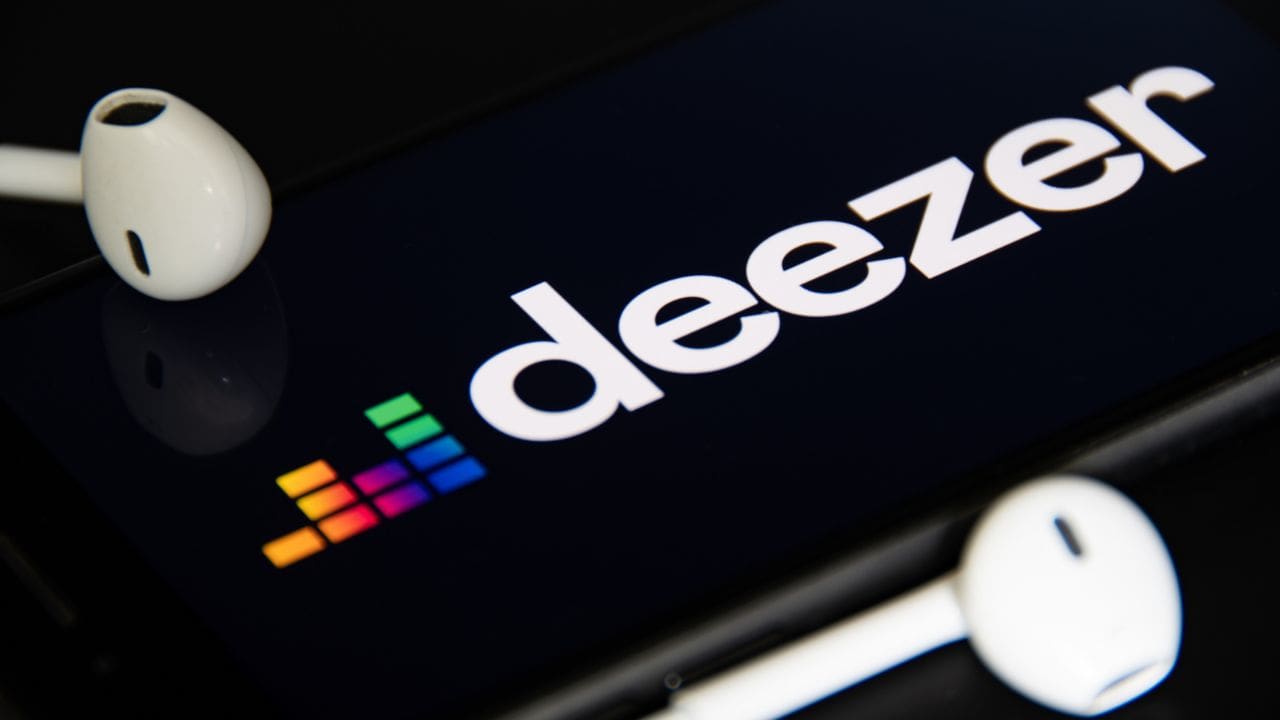The distribution of royalties is an issue that dates back to the early 2000s. In short, since the birth of the first (legal) music sharing platforms. An age-old issue, which sees two opposing parties: the platforms and the record labels. In the middle, usually paying the price, are the artists. After about twenty years of searching for a virtuous model, the latest news announces it Deezeramong the most popular music streaming apps, which today proposed a new model for redistribution of royalties.
The basis is a recent agreement signed with Universal Music Group (Umg), among the most important major record companies in the world. The partnership envisages that the new model will be launched in France as a test, before being rolled out to the rest of the world.
But how will it work? Let’s try to understand it together.
Deezer’s new model for the redistribution of streaming royalties
The agreement establishes that, in the distribution of royalties, the plays of the songs of professional artists, i.e. those that exceed 1000 plays per month, will have a double the value of the others. This value will be quadrupled if users specifically search for an artist or song.
It is estimated that this mechanism will increase by 10% payments to professional artists. Furthermore, the new model will exclude ambient music from monetizationi.e. tracks that reproduce sounds or noises, which until now had the same weight as musical pieces in the distribution of royalties.
that’s how Jeronimo Folgueira, CEO of Deezercommented on the proposal as follows:
“It should be obvious to everyone that the sound of rain or a washing machine does not have the same value as a song by your favorite artist played in high quality. This is the most ambitious change to the economic model since the introduction of music streaming.”
Of the same opinion too Michael Nash, executive vice president and chief digital officer of Universalwho stated:
“The goal of this new model is to mitigate the dynamics that risk making music sink in a sea of noise and better support and reward artists at all stages of their career, whether they have 1000, 100 thousand or 100 million of fans.”















Leave a Reply
View Comments